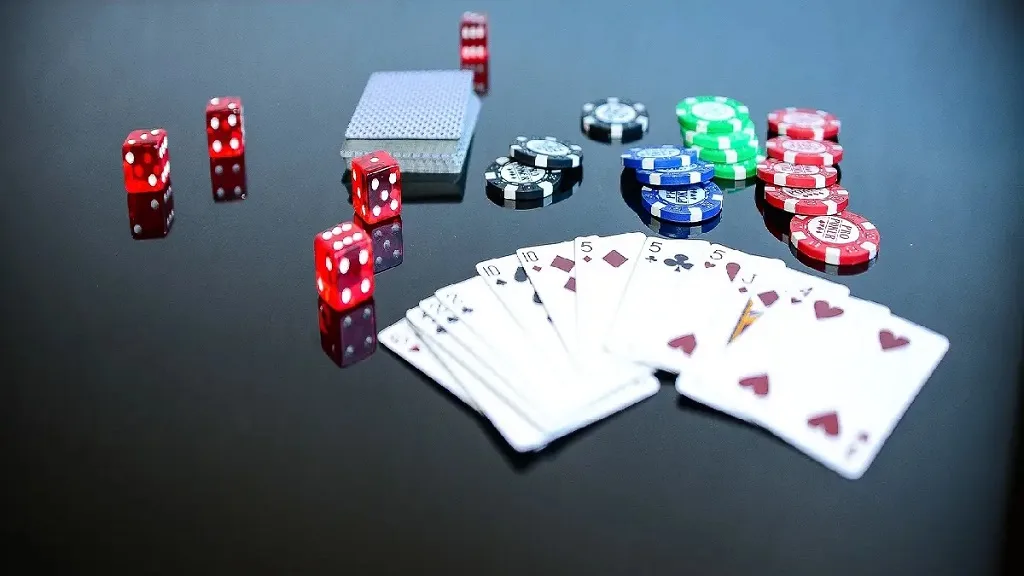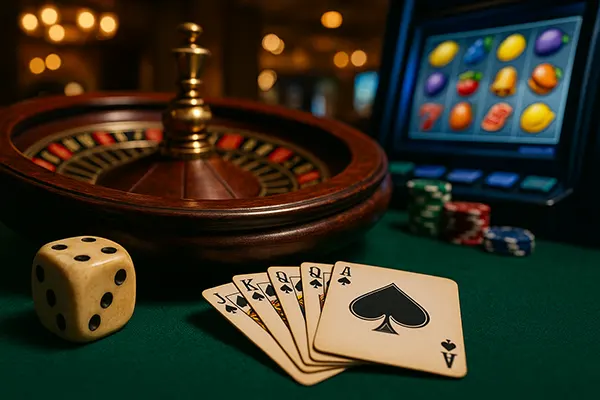
Luck vs Skill: Mastering the Dynamics of Poker
In the realm of poker, the debate between luck and skill has long captivated players and enthusiasts alike. This article delves into the intricate dynamics of poker, exploring whether the game leans more towards chance or the mastery of skill.
Understanding the Role of Luck in Poker
Luck undeniably plays a significant part in poker. The randomness of the cards dealt ensures that even the most seasoned players can face unexpected outcomes. This element of unpredictability adds a thrilling dimension to the game, making each hand a unique challenge.
However, relying solely on luck is not a sustainable strategy. While a beginner might win a few hands based on fortunate draws, consistent success in poker requires much more than chance. It is here that the debate about the importance of skill comes into play.
The Crucial Aspect of Skill in Poker
Skill in poker encompasses various elements, including strategic thinking, psychological insight, and mathematical proficiency. Experienced players develop an acute ability to read their opponents, understand betting patterns, and make calculated decisions.
Moreover, the skillful management of bankrolls, knowing when to fold, call, or raise, and the adept use of bluffs are all critical components that separate seasoned players from novices. Skill, therefore, provides a foundational edge that can consistently tilt the odds in a player’s favor.
Statistical Evidence of Skill Prevalence
Studies and statistics support the argument that skill plays a more dominant role in poker than luck. Analysis of professional poker tournaments reveals that top players frequently reach final tables, suggesting that skill significantly influences outcomes over the long term.
For instance, the World Series of Poker (WSOP) consistently sees familiar faces among the top finishers, indicating that these players’ success is not merely a streak of good fortune but a testament to their profound skills.
Furthermore, academic research has demonstrated that players with a deep understanding of poker’s mathematical aspects, such as pot odds and expected value, tend to outperform those who rely predominantly on luck.
Balancing Luck and Skill
While skill can substantially enhance a player’s chances of success, luck remains an ever-present factor that cannot be ignored. The dual nature of poker, combining elements of luck and skill, is what makes it uniquely captivating and challenging.
Even the most skilled players must navigate the whims of fortune, which can sometimes result in unexpected losses. This interplay between skill and luck ensures that poker remains an engaging and dynamic game, constantly testing the adaptability and resilience of its players.
In casual play, luck might play a more prominent role, allowing beginners to experience occasional wins. However, in professional settings, skill undoubtedly takes precedence, as evidenced by the consistent performance of top players.

Conclusion: Mastery of Poker
In conclusion, while luck influences the short-term outcomes in poker, skill is the defining factor for long-term success. Players who invest time in honing their skills, studying strategies, and understanding the psychological aspects of the game are more likely to achieve sustained victories.
Ultimately, the true mastery of poker lies in the ability to blend skill with the acceptance of luck’s influence, creating a balanced approach that maximizes the potential for success. Whether you’re a novice or a seasoned player, recognizing the roles of both luck and skill is essential to thriving in the fascinating world of poker.
Embracing Both Elements
For those looking to improve their poker game, it is crucial to develop a keen understanding of the balance between luck and skill. Embrace the unpredictability of the game while continually refining your strategic and psychological capabilities.
By doing so, you can navigate the complexities of poker with greater confidence and adaptability, ultimately enhancing your overall performance and enjoyment of the game.





